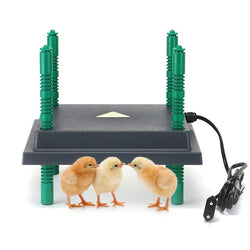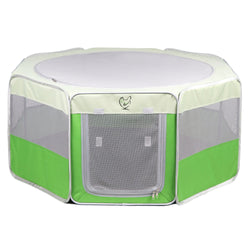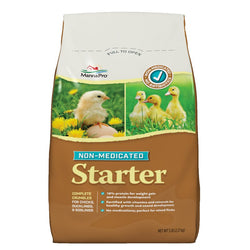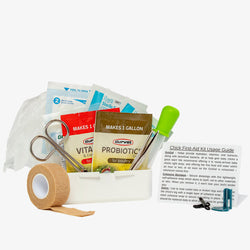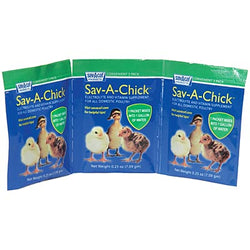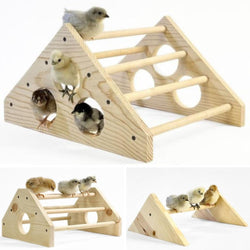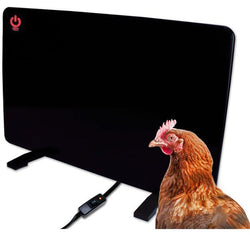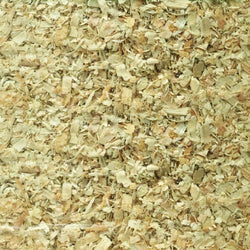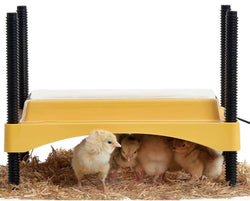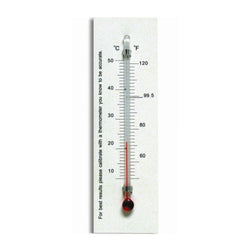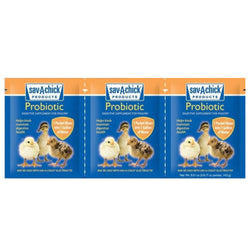What is NPIP and why should I purchase only from NPIP breeders?
Back to blog
NPIP stands for National Poultry Improvement Plan, and it's a voluntary certification system that poultry breeders and hatcheries can participate in. (Our hatchery and all breeders associated with My Pet Chicken are NPIP certified.) Essentially, NPIP certification means you submit the birds in your breeding flock to regularly scheduled testing to assure they are Pullorum-Typhoid-free. While NPIP participation is voluntary, typically states have certification or monitoring requirements if you want to ship birds into that state, so large hatcheries all participate. (At the time of this writing, we don't know of a major hatchery that isn't NPIP certified.)
Pullorum and Fowl Typhoid are both particularly virulent and communicable forms of Salmonella infections. There is a low risk of human infection from these illnesses, but among poultry they're VERY communicable and often fatal. They can wipe out your flock.
To reiterate: NPIP is voluntary. That means it's NOT a legal requirement to participate in NPIP. For instance, you can hatch birds in your own backyard without having to pay for NPIP certification. And hey, just because your flock isn't certified, that doesn't mean your chicks will be sick! But if you're buying from someone else, the key concern is that there is no outside monitoring, which is why it's just a good idea to purchase only from NPIP flocks like those of My Pet Chicken, or other major hatcheries and responsible breeders.
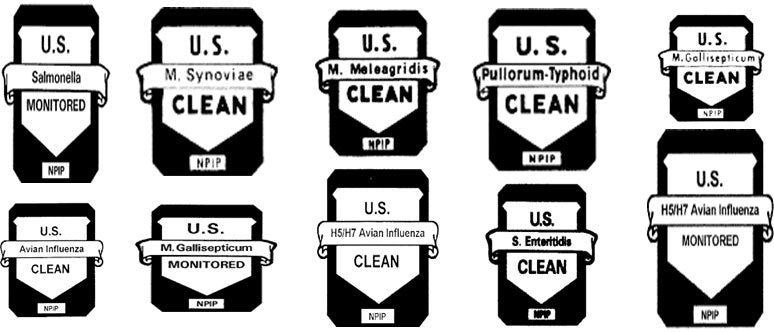
Here you can see some of the diseases the NPIP may monitor for.
To be NPIP certified, hatcheries/breeders submit to regular testing on their flocks for Fowl Typhoid and Salmonella Pullorum. But the fact is that NPIP doesn't monitor for every illness. NPIP certifies that your flock is free of the two specific Salmonellas, Pullorum-Typhoid. There are other, optional parts of NPIP you can participate in, including monitoring for other Salmonellas, for Mycoplasmas, and for Avian Influenza. But even participating in every aspect of NPIP monitoring, many other illnesses are symply not covered by this program, so always, always quarantine when adding new birds to an existing flock, even when purchasing NPIP birds. (Check the related questions below for more information).
Pullorum and Fowl Typhoid are both particularly virulent and communicable forms of Salmonella infections. There is a low risk of human infection from these illnesses, but among poultry they're VERY communicable and often fatal. They can wipe out your flock.
To reiterate: NPIP is voluntary. That means it's NOT a legal requirement to participate in NPIP. For instance, you can hatch birds in your own backyard without having to pay for NPIP certification. And hey, just because your flock isn't certified, that doesn't mean your chicks will be sick! But if you're buying from someone else, the key concern is that there is no outside monitoring, which is why it's just a good idea to purchase only from NPIP flocks like those of My Pet Chicken, or other major hatcheries and responsible breeders.

Here you can see some of the diseases the NPIP may monitor for.
To be NPIP certified, hatcheries/breeders submit to regular testing on their flocks for Fowl Typhoid and Salmonella Pullorum. But the fact is that NPIP doesn't monitor for every illness. NPIP certifies that your flock is free of the two specific Salmonellas, Pullorum-Typhoid. There are other, optional parts of NPIP you can participate in, including monitoring for other Salmonellas, for Mycoplasmas, and for Avian Influenza. But even participating in every aspect of NPIP monitoring, many other illnesses are symply not covered by this program, so always, always quarantine when adding new birds to an existing flock, even when purchasing NPIP birds. (Check the related questions below for more information).
